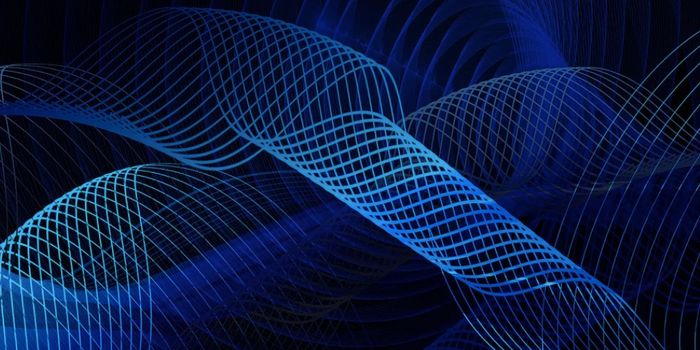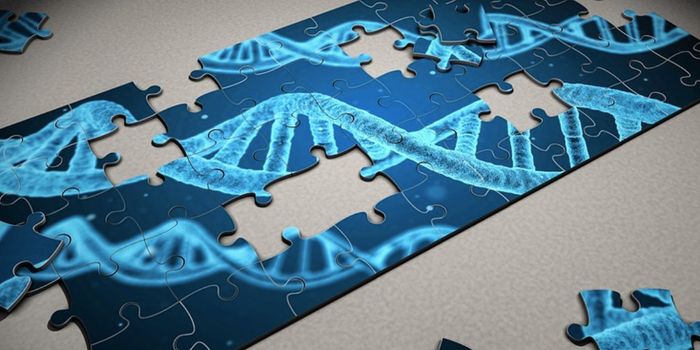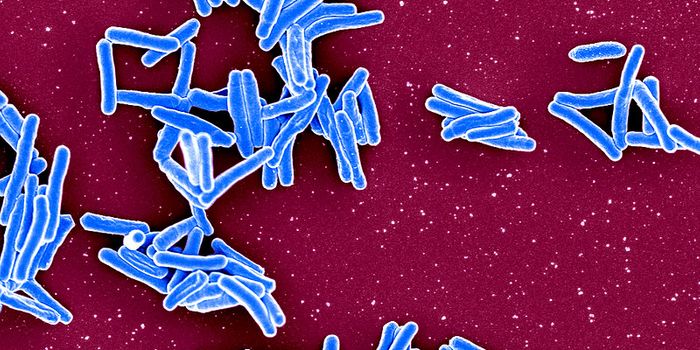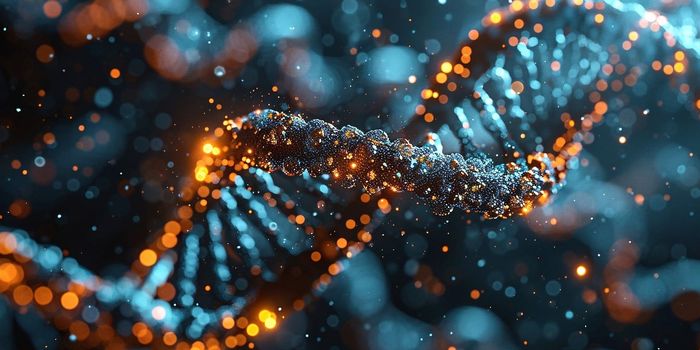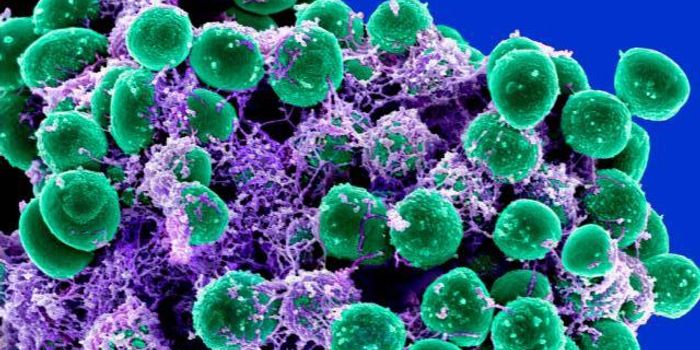How Did the Chernobyl Disaster Affect Human Health?
It's been about 35 years since the disaster at the Chernobyl nuclear power plant. Now researchers have investigated whether exposure to ionizing radiation released in the accident caused lasting effects in the genomes that were passed from exposed parents to their children. A second study focused on cancerous thyroid tumors that developed in people that were exposed to the radiation as children or neonates. The findings, which suggested that the radiation exposure did not cause intergenerational impacts and that certain genes drove thyroid tumor development in those that got cancer, have been reported in two research studies in Science.
“Scientific questions about the effects of radiation on human health have been investigated since the atomic bombings of Hiroshima and Nagasaki and have been raised again by Chernobyl and by the nuclear accident that followed the tsunami in Fukushima, Japan,” said Stephen J. Chanock, M.D., director of the National Cancer Institute’s Division of Cancer Epidemiology and Genetics (DCEG). “In recent years, advances in DNA sequencing technology have enabled us to begin to address some of the important questions, in part through comprehensive genomic analyses carried out in well-designed epidemiological studies.”
The Chernobyl accident exposed millions of people in the surrounding region to radioactive contaminants. Some studies in animals have suggested that ionizing radiation changes the genome in ways that can be passed from parents to offspring. Chanock and colleagues looked at the genomes of 105 mother-father pairs and 130 of their children that were born between 1987 and 2002. One or both parents in these groups lived in close proximity to Chernobyl and were evacuated after the accident, or they helped clean it up. The parents were exposed to a range of radiation doses. The researchers were looking for de novo or new, random genetic mutations that are not found in the parents, but may arise in their sperm or egg cells and are present in their children.
The researchers did not find any evidence that de novo mutations were increased in the children, who were born anywhere from 46 weeks to 15 years after the disaster. The number of de novo mutations in these children were comparable to the number of de novo mutations that arise randomly in anyone from a similar population. The scientists suggested that the Chernobyl disaster had minimal, if any, impact on the genetics of the next generation of people.
“We view these results as very reassuring for people who were living in Fukushima at the time of the accident in 2011,” said Chanock. “The radiation doses in Japan are known to have been lower than those recorded at Chernobyl.”
One of the most common adverse health effects caused by the Chernobyl disaster is thought to be an increased risk of thyroid cancer. The second study profiled the genetic mutations in thyroid cancers that arose in 359 people that had been exposed to ionizing radiation from radioactive iodine (I-131) as children or in utero, and 81 individuals that were born over nine months after the accident.
The primary genes that drive the progression of the cancers were found in over 95 percent of the tumors. Most involved the same biochemical pathway, one called the mitogen-activated protein kinase (MAPK) pathway, which includes genes like BRAF, RAS, and RET. The study revealed that the thyroid cancers in people that were exposed were more likely to come from gene fusions, while point mutations were more likely drivers in people that were not directly exposed, or only exposed to low levels of radiation.
“An exciting aspect of this research was the opportunity to link the genomic characteristics of the tumor with information about the radiation dose — the risk factor that potentially caused the cancer,” said study leader Lindsay M. Morton, Ph.D., deputy chief of the Radiation Epidemiology Branch in DCEG.
Source: National Institutes of Health, Yeager et al Science 2021, Morton et al Science 2021


